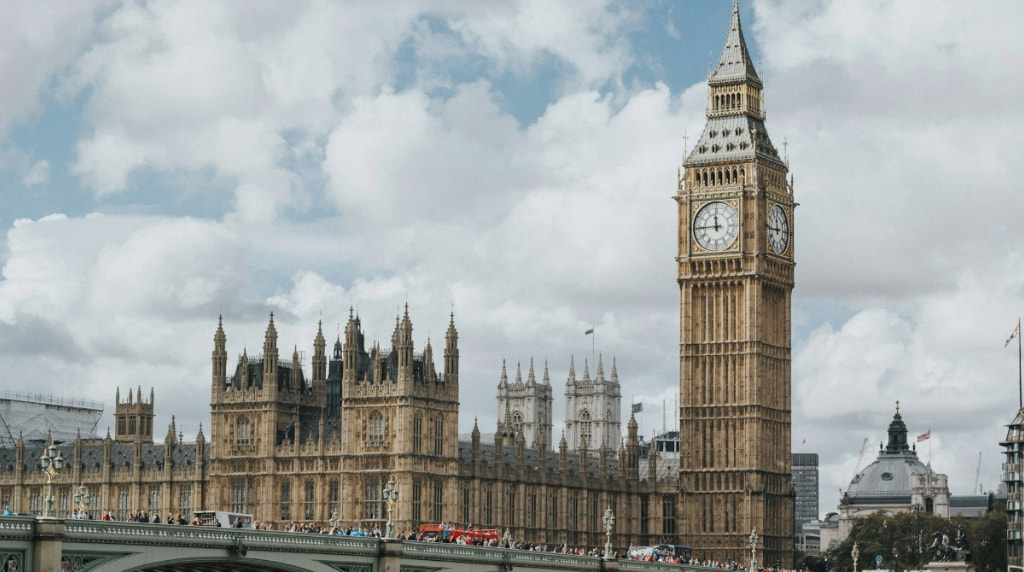Chile Floats Online Gaming Pause Idea
In Chile, a controversial plan has come to the fore regarding online betting houses. During debate around a bill for the regulation of online betting in Chile, the Ministry of Finance introduced a suggestion to put all online gaming on hold for the period of one year in order to create a “market reset” or “cooling off” period for the industry, and to allow for regulatory frameworks to be instated. The suggestion has drawn the ire of those within the online gaming industry.

Online gaming providers in Chile are kicking off as a result of a controversial measure, proposing the pausing of online gaming for a year.
©Rai Singh Uriarte/Unsplash
Online betting houses make their stance known in Chile
After the last minute suggestion regarding pausing online betting was introduced by the Ministry, online betting houses were swift in stating their position against the idea. The bill has first been debated for a long period by the Economy Commission of the Chamber of Deputies.
The commission decided to pass the bill ultimately, which means a legislative draft is now in the hands of the Sports Commission of Chile. Though regulation is considered a positive move for the industry overall — signaling that the South American country welcomes legalized betting and will create a framework for offering it widely — this move has been highly contested.
The add-on was introduced in the final hours before the bill was released, which did not give Chile’s Group of Online Gaming Platforms a chance to fully react until the bill was sent on to the Sports Commission. Carlos Baeza, who works as a legal rep for the Group, spoke about why this is such a sensitive issue.
Baeza stated that introducing such a measure would threaten the market, which is highly competitive and lucrative — for the time being. With online gambling garnering so much attention and support throughout Latin America, it threatens to leave Chile behind its neighbors.
He also explained that the Group believes the government’s priority should be to protect customers of online gambling sites. By pausing legal online gaming, they may open up users to the threat of illegal gaming platforms which may continue to operate despite the ban.
Baeza also suggested that this decision is the result of the government cow-towing to pressure from the land-based casino industry and also Polla Chilena de Beneficencia, a state-owned gaming company. He referred to it as an “obvious interest” the measure is responding to.
Rather than land-based casinos attempting to stop online gaming, Baeza’s statements on the matter suggest that they are interested in cornering the market for themselves. He also took issue with the addition to the legislation, in that it may reduce the competitiveness of the market rather than allow for its creation as originally intended.
Limiting the market affects players’ access to legal frameworks, but also could reduce tax collection, which would be a downside for the public of Chile overall. The money that may be added to the treasury and used for public projects is one of the greatest advantages of introducing a regulated online gaming market.
Overall, the Group of Online Gaming Platforms agrees that this measure is not in the interest of users, who benefit from competition and “new actors” on the scene. They also brought into light information from the Organization for Economic Cooperation and Development (OECD), which shows that 70% of its member countries are working on legislation that encourages new companies to enter the scene, thus increasing a competitive market and customer choice.
In addition to this news, Chile’s online gaming market has to contend with the fact that its tax rate will be 38% — one of the highest in the world. It is followed by the Netherlands with 29% and Denmark with a 28% tax rate. An issue with this is the burden it places on customers, which may discourage those who are currently betting on unregulated sites from advancing to regulated ones.
At the moment, the Group is still supportive of regulatory measures overall and sees this as an important sign for Chile’s advancement of gaming legislation. They hope the controversial pause will be removed in the next round of debates. No further legal action on the part of the Group is pending, for the moment.



